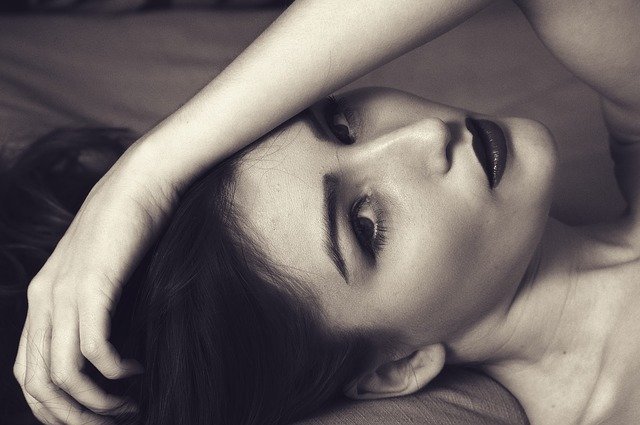Table of Contents
“Male gaze” is the “male gaze” whose meaning is anchored to one a “biased” view of women in mainstream culture. The male perspective is crucial in the representation of the role of the woman but also in the same vision that the woman has of herself.
Every day we come into contact with examples of Male Gaze, starting with cinema and ending with advertising.
“Male Gaze”, looking at oneself with a “male gaze”: what does the expression mean?
The concept of Male Gaze spread following an essay by Laura Mulvey published in 1975. The essay bore the title “Visual Pleasure and Narrative Cinema”And the content, in line with the times, turned out to be revolutionary for the feminist perspective and beyond.
Feminist theorist Laura Mulvey, referring to world of cinema, explained how this had been achieved up to then by supporting the predominant point of view: the male one.
How? Objectifying the woman’s body in order not to disregard the expectations of the male viewer, white and western. In this way, the woman becomes the secondary “non-actor” with respect to the male actor who, in addition to acting, reveals himself to be the true protagonist in all his masculinity.
The narrative of women in culture is filtered by Male Gaze
The theory, daughter of the times in which she was born, cannot be considered outdated. For a long time, the image of the woman crystallized in the collective imagination responded to a man-made narrative for man. The woman as an object of desire, rather than as the one who nourishes her own desires and who, to obtain them, has an active role in everything that surrounds her. The “male gaze” comes so, over time, conveyed through various cultural channels: literature, art, cinema.

Currently, looking around a bit, who knows what hasn’t changed. Certain films, certain television formats, certain advertisements contribute to reiterating the male gaze. In these, while men act, women simply appear and watch themselves appear in their marginal role. As far as cinema is concerned, therefore, often the profile of a female protagonist is studied and then interpreted to respond to the gaze of the male observer.
Male Gaze has marginalized the female perspective
Even television has developed a series of programs designed by men and to be seen by men. In fact, several programs portray the role of women in the guise of showgirls, letters and so on and so forth. Women whose role is simply to show off their beauty alongside men who lead or whatever. Advertising, here too, reiterates these practices.
The effect of all this is that Male Gaze has reduced the female perspective to a marginal one. When a woman is intellectually lively, the amazement and the praises, fruit of so much wonder, are triggered. And if you find yourself in similar circumstances, beware of this too: any attribution that could derive from it will be motivated by the vague act of politically correct.
READ ALSO: Femvertising, the power of feminist advertising










